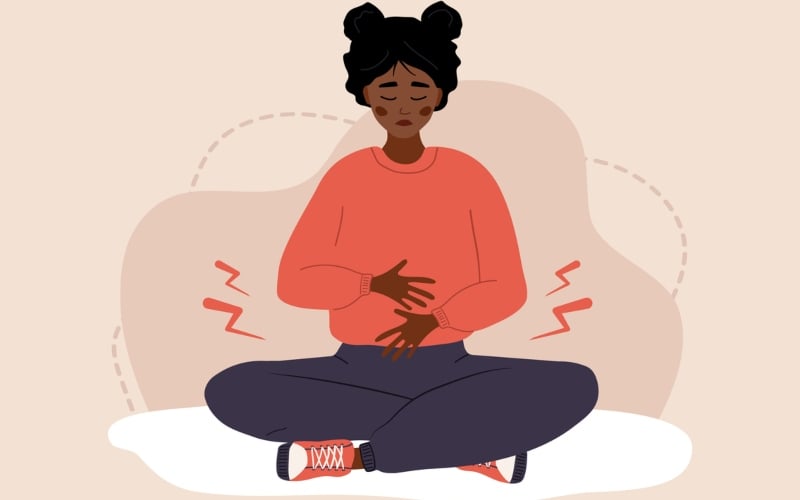By Kelli Stajduhar and Tanya Sanders
The global pandemic of COVID-19 has brought long-standing gaps in the Canadian care system sharply into focus, particularly for older adults who cannot live independently. As we collectively grasp the enormity of the troubling living conditions for Canada’s residents of long term care, and the resultant deaths due to to the pandemic, we must also consider how such tragedy could have been prevented — or at least minimized — in the first place.
It has been almost 20 years since Roy Romanow led the Royal Commission on the Future of Health Care in Canada, highlighting an urgent need to build Canada’s home care programs. In 2009, the Canadian Healthcare Association published a road map for how to get there. And Canadians have repeatedly affirmed their wish to receive care ‘closer to home’ and forego the ever-expanding costs of institutional care.
Of the almost $264 billion that we spend each year in Canada on health care, estimates suggest only three to six billion of this is directed towards home care.
Instead, Canada has opted for a remarkably uninspiring “status-quo” over the past several decades.
Well before the COVID-19 crisis, the home care sector has been showing very clear signs of strain and dysfunction. Home care nurses in our research told us that home care is in a state of disarray. They face mounting pressures to get people with increasingly complex medical and social care needs out of hospitals without any substantial investment in publicly funded home care.
Nurses also told us they are under constant pressure to speed up and limit their services and even ration the care they provide.
Could all of the deaths from COVID-19 in Canada’s long term care system have been prevented? Probably not. But if Canada had something more in place, perhaps most older Canadians would not require help within institutional settings in the first place.
Our seniors and persons with disabilities deserve something more than what is essentially a patchwork system of subsidized and user-pay home care services and something more than pushing family caregivers to breaking points.
In these unprecedented times, we have the opportunity to fundamentally re-think how we care for some of our most vulnerable Canadians. To ignore this opportunity only serves to perpetuate the ongoing inequities that exist in our care system.
The situation surrounding COVID-19 is changing steadily and the above conditions and regulations may have altered since the date of publication
***
About Kelli Stajduhar and Tanya Sanders
Kelli Stajduhar is a Professor School of Nursing and Research Affiliate at the Institute on Aging and Lifelong Health, University of Victoria and a Fellow of the Canadian Academy of Health Sciences.
Tanya Sanders is a PhD Student, University of Victoria and Associate Teaching Professor, Thompson Rivers University School of Nursing.
—
This post was previously published on quoimedia.com and is republished here under a Creative Commons license.
***
You Might Also Like These From The Good Men Project
 Compliments Men Want to Hear More Often
Compliments Men Want to Hear More Often  Relationships Aren’t Easy, But They’re Worth It
Relationships Aren’t Easy, But They’re Worth It  The One Thing Men Want More Than Sex
The One Thing Men Want More Than Sex  ..A Man’s Kiss Tells You Everything
..A Man’s Kiss Tells You Everything Join The Good Men Project as a Premium Member today.
All Premium Members get to view The Good Men Project with NO ADS.
A $50 annual membership gives you an all access pass. You can be a part of every call, group, class and community.
A $25 annual membership gives you access to one class, one Social Interest group and our online communities.
A $12 annual membership gives you access to our Friday calls with the publisher, our online community.
Register New Account
Log in if you wish to renew an existing subscription.
Username
First Name
Last Name
Password
Password Again
Choose your subscription level
- Yearly - $50.00 - 1 Year
- Monthly - $6.99 - 1 Month
Credit / Debit Card PayPal Choose Your Payment Method
Auto Renew
Subscribe to The Good Men Project Daily Newsletter By completing this registration form, you are also agreeing to our Terms of Service which can be found here.Need more info? A complete list of benefits is here.
—
Photo credit: Dassel / Pixabay
The post COVID-19 Shows Support for Home Care Long Overdue appeared first on The Good Men Project.
Original Article










